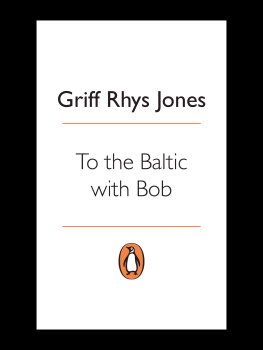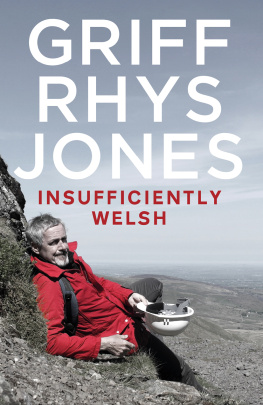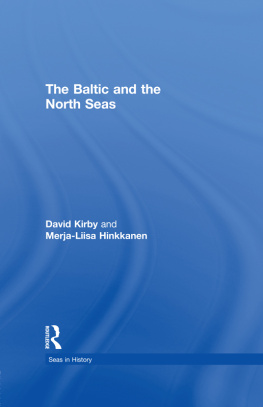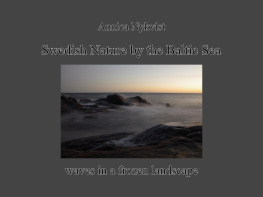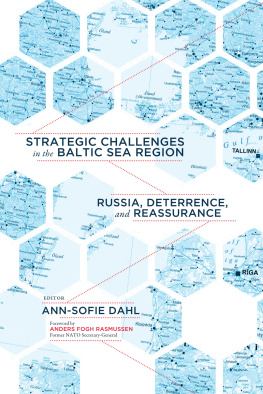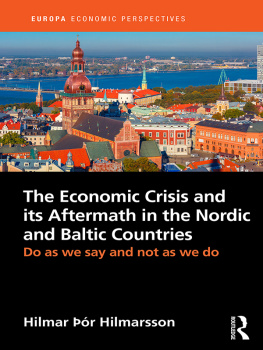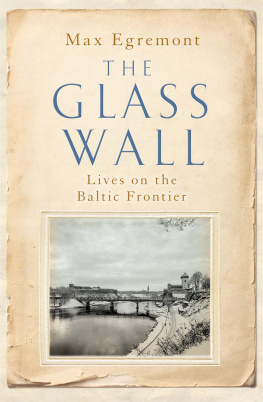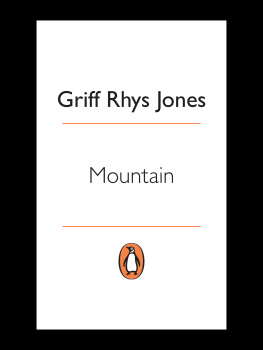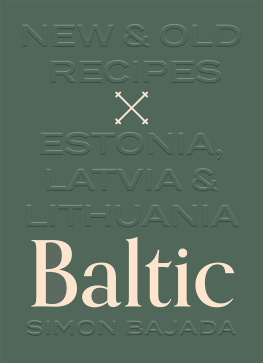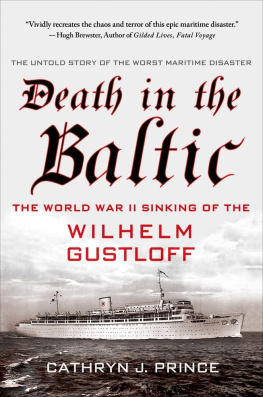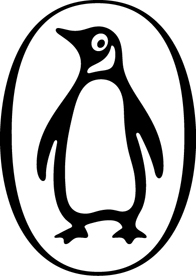To the Baltic with Bob
GRIFF RHYS JONES

PENGUIN BOOKS
PENGUIN BOOKS
Published by the Penguin Group
Penguin Books Ltd, 80 Strand, London WC2R 0RL, England
Penguin Putnam Inc., 375 Hudson Street, New York, New York 10014, USA
Penguin Books Australia Ltd, 250 Camberwell Road, Camberwell, Victoria 3124, Australia
Penguin Books Canada Ltd, 10 Alcorn Avenue, Toronto, Ontario, Canada M4V 3B2
Penguin Books India (P) Ltd, 11 Community Centre, Panchsheel Park, New Delhi 110 017, India
Penguin Books (NZ) Ltd, Cnr Rosedale and Airborne Roads, Albany, Auckland, New Zealand
Penguin Books (South Africa) (Pty) Ltd, 24 Sturdee Avenue, Rosebank 2196, South Africa
Penguin Books Ltd, Registered Offices: 80 Strand, London WC2R 0RL, England
www.penguin.com
Published by Michael Joseph 2003
Published in Penguin Books 2005
Copyright Griff Rhys Jones, 2003
All rights reserved
The moral right of the author has been asserted
Except in the United States of America, this book is sold subject to the condition that it shall not, by way of trade or otherwise, be lent, re-sold, hired out, or otherwise circulated without the publishers prior consent in any form of binding or cover other than that in which it is published and without a similar condition including this condition being imposed on the subsequent purchaser
ISBN: 978-0-14-192813-5
For Jo
Acknowledgements
Thanks to Louise, David, Ness, Claire, Robert, Cat, John and Jo.
Contents
Prologue
It was half past ten and it was eventually, even reluctantly, getting dark in Kent. Hulks, rusting engines, trailers, plastic barrels, half-finished cement boats and a 900-year-old tractor all the dwarfing, ghastly litter of a boatyard melded into a shadow of impenetrable gloom. On the other side of the sea wall, some way below us now, bizarrely, we could see the beckoning light of the only pub for 5 miles. Come back, dont go. Look! Beer!
Bob lit a cigarette. He sucked. The red glow briefly rimmed his bald cranium. A neap tide actually means that the water comes to the highest level. Just like springs, he said.
Oh. Really? I replied.
Mmm.
It didnt sound right to me. I shifted on the hard cockpit bench and went on sorting out ropes. Surely neap tides meant the water didnt go all the way down the plug.
The darkness hid the dirty mud-grey water, which was now flooding in all around us. Hid the flecks of poisonous-looking yellow foam that always accompanied the rising waters on the east coast. There was a slight movement, a tip of the deck, as Baines walked across it. We were floating.
Can you switch on the instrument lights?
Bainess bearded face, tinged scarlet by the navigation light, appeared briefly in the hatch. There was a click. There you go.
Night is the only time to set off in a boat. And the engine.
Baines switched the key in the ignition and another light glowed red. He depressed one of the two black corrugated rubber buttons on the control console and held it for ten seconds. He let go and pressed both together. The engine coughed and chugged into life. Steam and exhaust smoke rose up through the glow of the stern light in the unseasonably cold June night.
I want to warp her round, I said. The others looked at me. Baines nodded.
Rick, could you let off the stern rope?
What, completely?
Yuh.
OK.
He fumbled with the ropes on the fishing smacks foredeck.
Just give the stern a push away.
He did, with his foot. There was a moment of hiatus while the incoming tide caught the back end of the boat and 14 tons of wood and metal swung slowly out into the channel. As long as the forward rope was tied in place, Undina would simply pivot on it, wouldnt she?
She did. The last of the flood tide carried her round.
Hold out the bow. I didnt want the new paintwork to bang against our host. She bumped back against the side of the smack, and ended up facing the other way, out towards the Swale and the mouth of the Thames and the North Sea.
1. Chromium
The plan was to go to the Baltic for the summer of 2002.
Michael, the boat builder, had originally promised to return me my boat, Undina, at the beginning of May. I telephoned him in the middle of March. So, anyway, Michael, as I was saying, it would probably be a good idea to take her up to Harwich for some sort of sea trials and then we can go across to Holland.
Yup. And when were you planning this then?
Early May.
Early May! He sounded astonished.
Yes. You said early May.
Well, she wont be ready by then. There was a distinct admonitory tone to his voice.
Well, yes, as I said, Ill have finished this very important radio project that Im working on and then Im free. Free! Free of everything. I really have to do this thing. And its up anchor and away.
Yes, but not in early May. Dear me, no.
No. OK. When, then?
There was a noise like a lorry going round a corner. Eeeeeeeeeee Michael gave a heavy sigh. He grunted. He made little chicken cluckings in the back of his mouth.
For safety, say the end of the second week in May, say.
Yes yes thats fine. It made no odds. I wouldnt have finished the very important radio project until then. Not that it was that important really. It was perfectly sound. It had won a Sony award. The authorities were so enthused by having something funny on the radio that they had almost considered the possibility of another series. But it could all wait. I didnt care. As long as I got to the Baltic by June.
Six months earlier, on a freezing December day, Michael and I had driven down to Cowes to look at Josephine, the sister ship to Undina. She was a near clone, but we were immediately impressed by her fittings.
Yes, we had them chromed, Josephines owner said.
They were bronze, though.
Yes. But they would have been chromed originally. And he took us below to show us his varnished floor and lavatory arrangements. But my eyes kept returning to the gleaming silver finish.
Busy at the moment? he asked.
What? Yes. Just finished a play.
Any good?
Well the first three hours were excellent. But then the interval came
Both boats had been built in the 1950s. There were seven altogether. They were designed by Philip Rhodes, an American, and made of wood by European yards, which must have been cheaper in the immediate post-war period. They were yachting icons of their time fast, modern, not wooden for sentimental reasons but because wood was light and strong and fibre-glass was still an experiment. They were the Chippendales of boats, neglected as they became unfashionable, but now redolent of the period and era. Dead classy. Though the thought often occurred to me, if you owned a Chippendale escritoire, would you sensibly toss it in the sea?
From the beginning, for me, the relationship was almost wholly one of aesthetics. I was stricken with the boat. I couldnt walk up a jetty towards it without pausing to admire it. West End musicals, radio series, new translations of creaky French farces, television clip show career opportunities, the finding of another two million for the Hackney Empire (after the builders lost it), the sitcom I had written (which the BBC sports supremo suggested a woman should write), a seat on the committee to decide on the European City of Culture, they all seemed so blisteringly unimportant.

